
The regions Agate Private School offers busing from are:
Additional notes: We can arrange necessary pick up and drop off.
How we see Agate Private School
Agate Private School was created to reflect the Sudbury Model of education, which gets its name from the Sudbury Valley School founded in 1968 in Framingham, Massachusetts. An experimental school at the time, there are now more than 60 schools around the world that identify as Sudbury schools, all reflecting a core belief in educational freedom within a democratic learning environment. It’s an example of the free school movement, established in Europe in the 1920s, and perhaps peaking in the US in the 1960s and 1970s. It was a response to regimented learning of the kind that we still think of as stereotypically "school": students in rows of desks, learning a set curriculum in consort with their peers, and following a set schedule. In a sense, some of the core concepts of free schooling—instruction that is personal, student-directed, unregimented—have filtered their way into even the most traditional school settings today. Classrooms furniture is varied, with areas for quiet reading, group collaboration, etc. But Agate is an example of all of that and then some. Students guide their learning, choose how to spend their time, and follow their personal instincts. And, just as the Sudbury Valley School, or the Summerhill School in the UK—and indeed Agate itself—the model has proven itself effective. Perhaps it’s not the school for every student, though, indeed, there’s no school that is. The families that turn to Agate find a place where students are challenged to grow and learn in new ways. And they do.
Compare with:
How Agate Private School sees itself
"Agate Private School is an alternative private school specializing in designing, developing and engaging individualized programs for our autodidactic students. Borders, distance learners and day students collaborate to make a unique learning experience. Founded in 1983 by the Ontario Ministry of Education and Training, expressly for home educators, alternative needs and like-minded families. Agate private school strives to offer spontaneous diversity of choice with students stimulating an open-ended curriculum."
"Our school allows children and parents to exercise agency, choice, and personalization in education. The students are permitted to choose, what, how, and when they will learn. We, as Staff and Parents, support them in their strengths-based approach to learning.
We also offer a Forest School Option- Monday to Friday located in various locations around the Niagara peninsula."
"We trade off obstacles like grade levels and homogenized systems to allow for creativity and choice. We removed compulsion to allow for agency."
"The creative, bullied, bored, introverted, outsider, underachiever, dreamer, neurodiverse, rebel.
And any of these:
Distracted
Bullied
Anxious
Depressed
Dyslexia
Dysgraphia
Dyscalculia
ADHD
Autism
Trauma
Illness
Sleep deprivation
Vision problems
Hearing loss
Family issues
Peer pressure
Substance abuse
Low self-esteem
Lack of motivation
Poor attendance
Learning style mismatch
Overcrowded classrooms
Poor teaching
Curriculum gaps
Technology dependence
Socioeconomic status
Housing instability
Cultural differences
Test anxiety
Actors,
Athletes
the ignored
the invisible
School Refusal"
"if they love school and are happy being told what to do"
"Families choose Agate Private School for their ability to choose their own educational method and agency in learning tools, curriculum and direction. Families and students are autodidactic and can self-graduate.
No other school allows you and your children to choose your own learning journey, create and curate your own curriculum and design your own education plan.
Never again feel lost, helpless and powerless in your child learning journey."
"Unique, bizarre, misunderstood,"
"The removal of obstacles to learning ie: age segregation, grades, grade levels and standardized tests. Children are not standard; they are unique and individual. They have their own strengths and abilities, which we respect and foster. We identify and focus on strengths not deficiencies, allowing your children to build and accept their utmost potential."
"We support all styles and methodologies in learning. We also believe that everything counts and matters, that the child and their instincts and agency matter, regardless of where or what they do. We include everything as part of their learning.
Learning is like breathing, it happens all the time. Everything they do matters, they matter!"
"worldwide student body"
"even more, students learning how to learn Goal fundraising for underprivileged students enrollment"
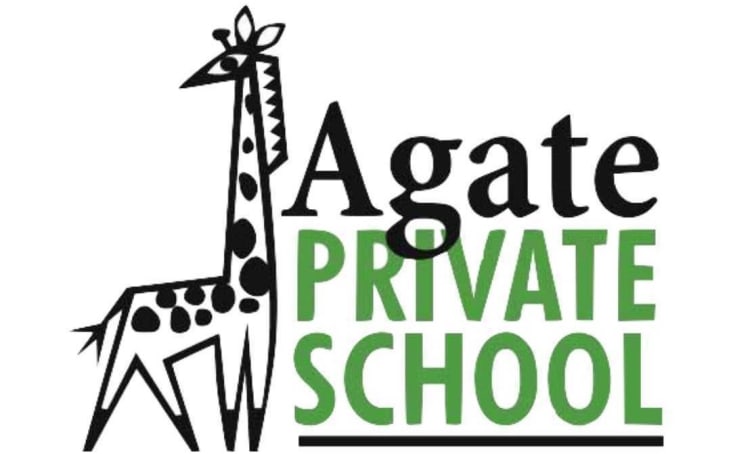

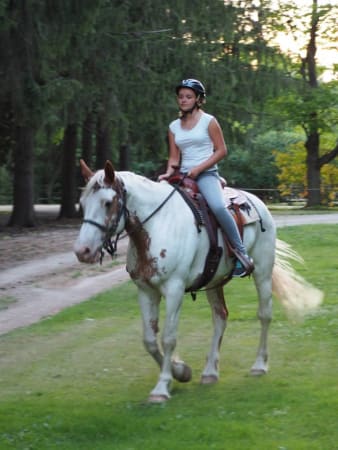
Equestrian


Archery



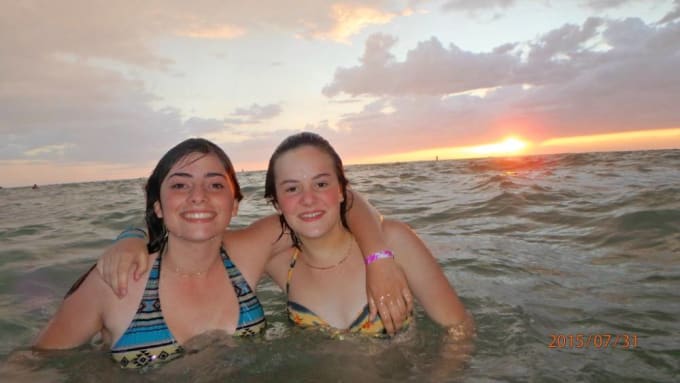
Swimming

International students arriving
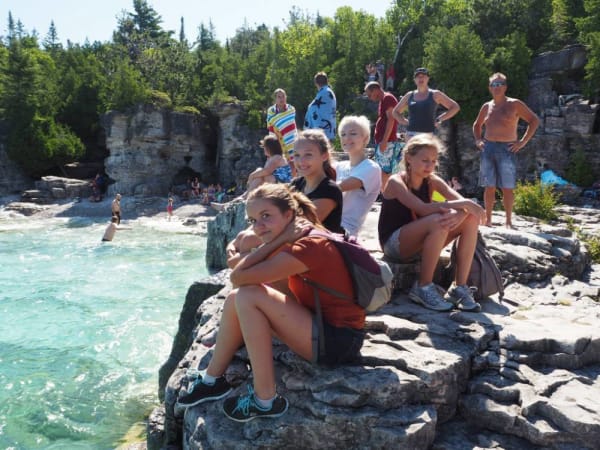
Hiking



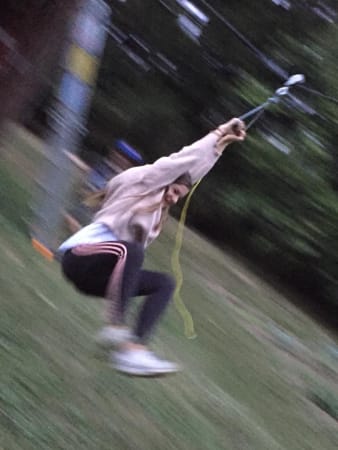
Swing
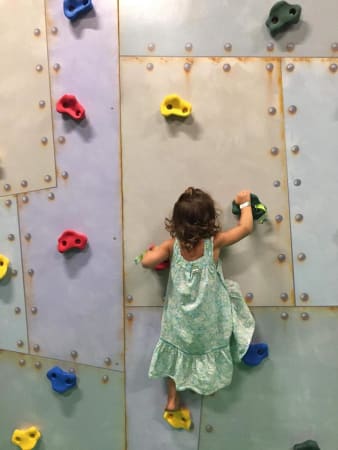
rock climbing for everyone




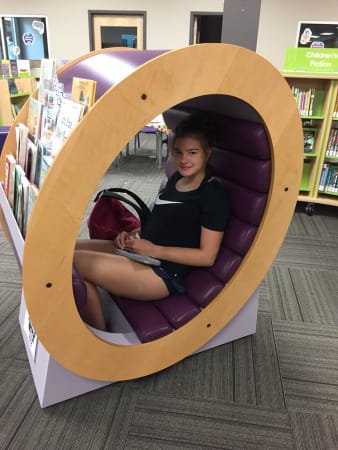
reading

Timescaping

Chess



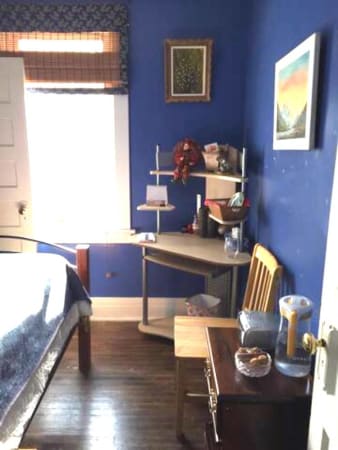
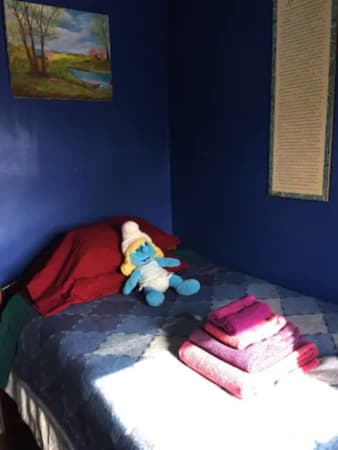




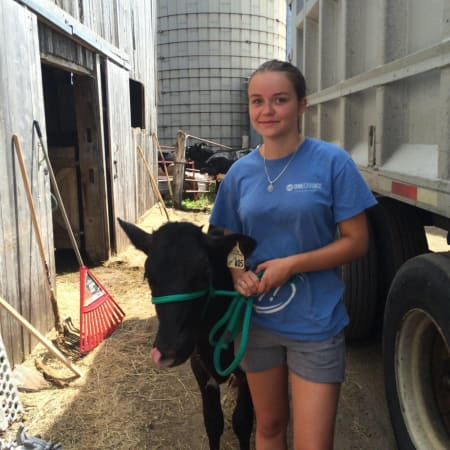
farming

Free Learning
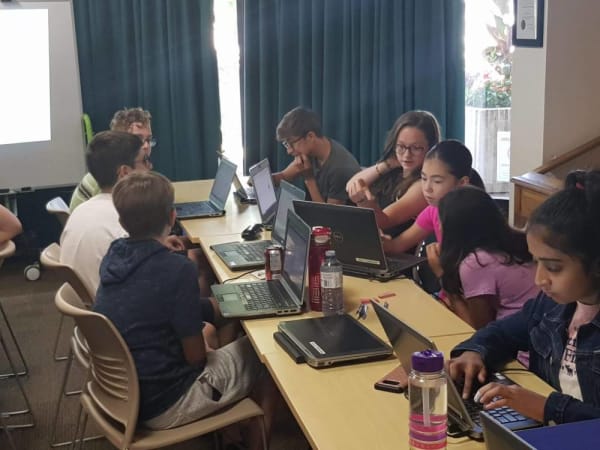
Python Coding




Indigenous in

High ropes





Gameschooling
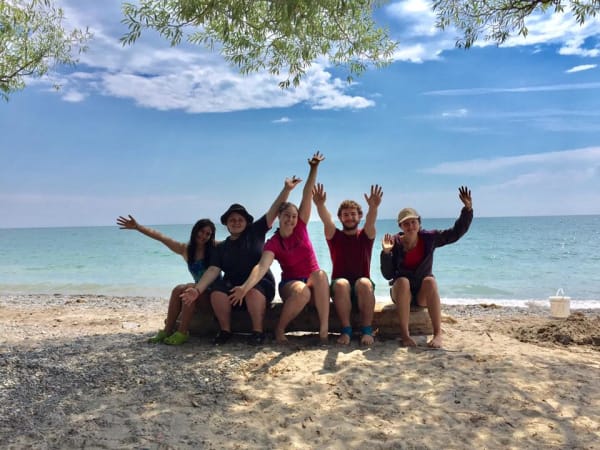
Welcome to Agate!
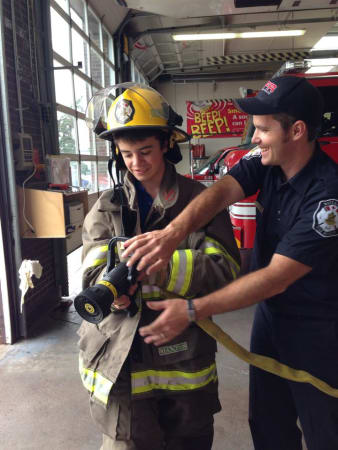
Field trips



How people from the school’s community see Agate Private School
Top-down influence on the school’s direction and tone

Gayle Hanlon, Headmistress
Life
In 1996, I became the owner and principal of Agate Private School. I was blessed with the opportunity to allow families and children to choose their own learning paths.
One of the most important skills for students to learn is how to think independently. This can be difficult in a world where we are constantly inundated with messages telling us what is right and wrong, what we should believe and how we should behave. In order to develop this skill, students need space to explore their own curiosity.
One way you can help your students develop this skill is by creating spaces where they have a choice about what they do, when, and how they do it. Allowing them to make choices will allow them to develop the ability to make good decisions for themselves and will give them practice at being responsible for those decisions.
Another way we can help your children develop independent thought is by allowing them plenty of time for play. Play allows children's imaginations to run wild and gives them opportunities to explore new ideas without any pressure from adults or peers telling them how things "should" be done.
I have been the headmistress of Agate private School since 1996
As a Public Speaker, Educational Agent for NASA and Guest lecturer at various Universities on the subject of Alternative Education, I've recently represented Canada at an international conference on Self-Directed learning.
I have 6++ kids, four grandchildren, two cats, and a passion for Egyptology.
I began University at age 14 and hope to never stop learning.
THE OUR KIDS REPORT: Agate Private School
Next steps to continue your research:
Continue researching Agate Private School with OurKids.net, or visit school website.